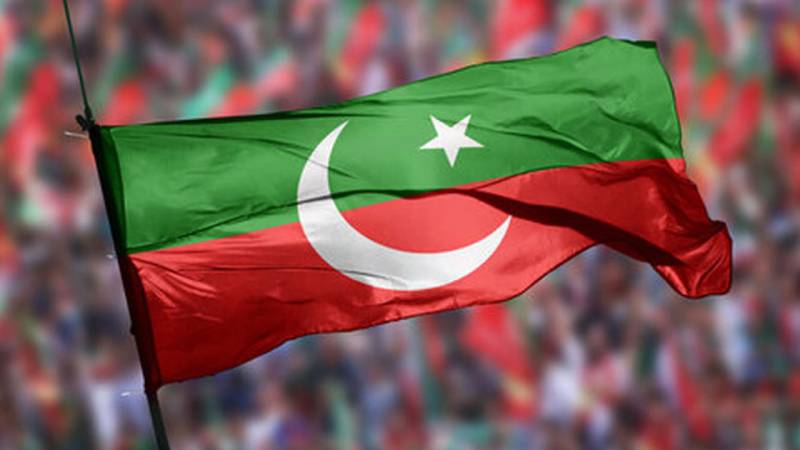
The Pakistan Tehreek-e-Insaf (PTI) on Thursday reiterated its demand to form a judicial commission to probe alleged rigging in the February 8 general elections and how their alleged majority was snatched in the assemblies.
"Independent judicial commission be formed to investigate the whole process of election's fraud and those involved in heinous crime of social injustice, corruption, and corrupt practices of cheating the public mandate, especially Election Commission of Pakistan if found guilty be charged under the dictates of law," PTI demanded in its 234-page whitepaper.
The party has further demanded that the commission should access the reports prepared by various independent observers, including the European Union (EU) Mission, PATTAN, Pakistan Institute of Legislative Development and Transparency (PILDAT), Free and Fair Election Network (FAFEN), Common Wealth Observers Group, and the US Institute of Peace (USIP).
It further said that this investigative commission should have the power to summon anyone to record their statement.
The party has further demanded that the judicial commission may also be tasked with recommending appropriate electoral reforms for bringing transparency, fair play and merit in the election system so that opportunities for manipulation are brought to a minimum, as is demonstrated in developed in other democratic countries.
It said that the top court should also exercise its vital power of Article 184 (3) to safeguard the Constitution by exposing the systematic and countrywide electoral fraud.
The whitepaper added that all institutions should connect under the given dictates of the Constitution to navigate through the impasse created by the General Election 2024 by reverting to the actual and true mandate of the public, which the party claimed was bestowed to the PTI, based on the Form-45 vote count.
"This will bring much-needed political stability warranted for economic stability, State badly needs at this point of time since its coming into existence."
Regarding the role of the judiciary, the whitepaper stated that petitions for various grievances submitted before the courts were either not entertained or put off.
"Petitions like the role of caretakers beyond 90 days, their illegal status, and dispensations (against the Constitution) were intentionally not pursued by SCP," the party said, adopting an accusatory tone towards the judiciary—a key ally of the party in the past.
"Overall, the SCP remained in area of wanting in protecting the Constitution of Pakistan."
Regarding the May 9 incident and PTI's demand for a judicial inquiry, the whitepaper stated that not acceding to the request has cast a deep shadow over the conduct of inquiries, investigations, and subsequent trials of May 9 against PTI leaders and workers.
The PTI also referred to the statement issued by the Rawalpindi Commissioner on being involved in rigging (even though such officers are not involved at any stage in the electoral process). The PTI also referred to a letter by an NA-8 returning officer (RO) pertaining to the manhandling of his staff, which added to the PTI's position and claim of corrupt practices where the entire election scheme was managed with impunity.
"In By-Election, advance signing on Forms- 45 by polling agents under duress was reported by PATTAN," it further read.
The PTI also called out the role of the Election Commission of Pakistan (ECP) and other political parties.
"Every political party, apart from Pakistan Muslim League-Nawaz (PML-N), has claimed rigging, and yet, the Election Commission of Pakistan (ECP) has neither recognised nor acknowledged any of the altered results. Pakistan Tehreek-e-Insaf (PIT), as a party, finds it their responsibility towards the people of Pakistan who came out and voted; to ascertain the truth and transparency of the election."
It continued, "The complicity of the ECP in providing an unfair advantage to some political parties while targeting another has led to widespread scepticism and criticism regarding the credibility and fairness of the 2024 General Elections in Pakistan. Furthermore, the ECP's role in pre-election irregularities, voter intimidation, political interference, and inadequate enforcement of electoral laws has undermined public confidence in the electoral system. This has far-reaching implications for the legitimacy of the government and the overall democratic governance of the country."

